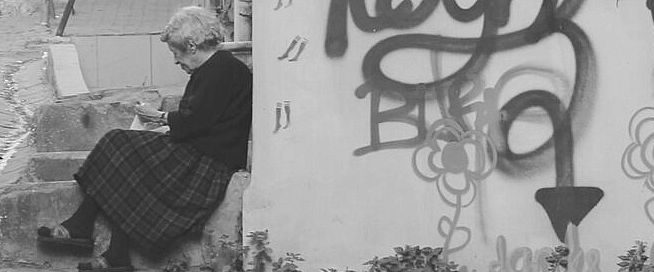This workshop will explore ‘social studies of labour regulation’ as a way of generating new currents of inquiry in the study of labour, work, and legality. Scholars working in a range of disciplines – anthropology, history, geography, and sociology, for example – continue to encounter regulation and law in a range of forms in their empirical research on labour and work. This has resulted in diverse and illuminating perspectives on legality, regulation, labour, value production, and work, broadly understood. At the same time, academic labour lawyers in the global north maintain a self-reflexive but persistent concern with an apparent ‘crisis’ in labour law, inaugurated by practices and knowledges associated with the new economy, globalisation, and shifting gender norms, amongst other things. Labour lawyers informed by feminist and postcolonial perspectives, in particular, have forced critical encounters with labour law’s scope and foundational assumptions. These developments have recently been accompanied by a marked increase in empirical socio-legal research attempting to understand the role of law and regulation in shaping and defining working lives.
Social Studies of Labour Regulation seeks to foster a conversation about methods and theoretical perspectives between scholars from diverse disciplines working on labour, work, law, and regulation. Recent contestations and methodological turns invite us to reconsider the epistemologies and archives that have become associated with these interlocking fields of study. Feminist theory, postcolonial theory, social studies of finance, actor-network theory, and science and technology studies have long sustained interdisciplinary conversations about definitions of agency and subjectivity, the performative aspects of regulation, innovation, belonging and identity, and the potential for thinking beyond the domain of the human in understanding social life. As such, questions for the workshop might include:
- What is labour? How do diverse scholarly approaches discern labour and labouring subjects in the new economy?
- Where does law and regulation emerge in our accounts of contemporary social, cultural, and economic life? What does it look like and what does it do? How can we account for the status and effects of law in interdisciplinary work on labour? How does law and regulation emerge or become constituted in labouring or working relations?
- Who or what is, has been, or can be, the subject of labour regulation? To what extent have disciplinary divisions and methodological pathways limited our discernment of a wider range of subjects, and/or actively dispossessed them? Engaging with studies in new materialism, what are the possibilities of imagining labour and labour regulation beyond the human?
- How is value created within new economic practices and what does this mean for our accounts of regulation and law? How have epistemologies of labour and value been co-articulated with processes of racialisation, dispossession, and gendering? Drawing on such debates, this workshop aims to: 1) test the idea that beginning our study of labour, work, and its regulatory or technical dimensions from an interdisciplinary grounding (‘social studies of labour regulation’) might yield new ways of thinking and new possibilities for study; and 2) explore the methodological challenges and possibilities associated with such a move.
Drawing on such debates, this workshop aims to:
1) test the idea that beginning our study of labour, work, and its regulatory or technical dimensions from an interdisciplinary grounding (‘social studies of labour regulation’) might yield new ways of thinking and new possibilities for study
and
2) explore the methodological challenges and possibilities associated with such a move.
Participants:
- Alessandrini, Donatella (Kent)
- Busby, Nicole (Strathclyde)
- Barmes, Lizzie (Queen Mary)
- Cruz, Katie (Leeds)
- Fudge, Judy (Kent)
- Hayes, Lydia (Cardiff)
- Kawar, Leila (Uni Mass-Amherst)
- Kumar, Vidya (Birmingham)
- Leclerc, Olivier (Uni Jean Monnet St Etienne)
- Lyon, Dawn (Kent)
- Mathur, Nayanika (Cambridge)
- Mummé, Claire (Windsor, Canada)
- Mundlak, Guy (Tel Aviv)
- Rose, Emily (Strathclyde)
- Sanchez, Andrew (Kent)
- Shah, Svati (U Mass Amherst)
- Tataryn, Anastasiya (Liverpool)
- Vora, Kalindi (UC San Diego)
- Zbyszewska, Ania (Warwick)
